The event gathered more than 50 delegates from health organisations, international experts, and leaders of medical universities nationwide.
The seminar served as a forum to discuss the development of a postgraduate vaccinology training course, aiming to strengthen the preventive capability of future healthcare professionals and build a sustainable healthcare foundation in the era of an ageing population.
According to experts, Vietnam is entering a period of rapid population ageing, with about 12 million people from 60 years old and this number is projected to exceed 21 million by 2035. The prevalence of chronic diseases is also rising sharply, becoming an urgent concern. It is estimated that about two-thirds of Vietnamese people aged 60 and above have at least one chronic underlying condition.
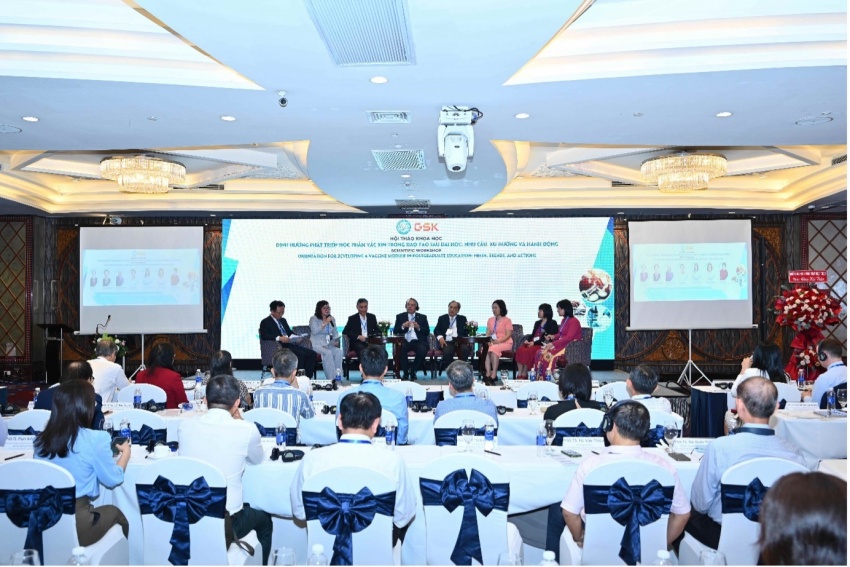 |
| Overview of the symposium. Photo: GSK |
In that context, older adults are becoming more vulnerable to vaccine-preventable infectious diseases. Although the average life expectancy in Vietnam is approximately 74 years, the healthy life expectancy is only about 65; this means each person spends the last 8–10 years of their life with illness. Infectious diseases are a significant burden on healthcare, social, and economic systems.
To address the disease challenges associated with population ageing, experts recommend a shift from a treatment to a prevention strategy. The prevention strategy includes promoting healthy lifestyles through campaigns to reduce modifiable risk factors, medical prevention with screening programmes, and immunity strategies to reduce the impact of non-modifiable risk factors.
Assoc. Prof. Ngo Quoc Dat, rector of Ho Chi Minh City University of Medicine and Pharmacy, shared, “Some countries in Europe and the United States have included vaccinology in medical education courses, helping healthcare professionals improve their knowledge, skills, and confidence in vaccination counselling and practice. This model shows that, when properly trained, healthcare professionals can implement immunisation more consistently and effectively, while encouraging people to take proactive disease-prevention measures.”
“The development of a vaccination module for postgraduate medical students is a practical initiative that contributes to strengthening the foundation of preventive healthcare, support implementing lifelong immunisation programme to meet the health protection needs of an ageing society,” he added.
Among these, vaccination is a key preventive measure in global public health, making an important contribution to achieving the Sustainable Development Goals (SDGs). According to The Oxford Vaccine Group, vaccination is considered one of the most effective public health interventions after clean water, estimated to save about four million lives each year.
The vaccination rate among adults remains low, and awareness of the importance of adult immunisation is not high. The reasons often stem from a lack of information about vaccine-preventable diseases, a lack of immune counselling, and uncertainty about vaccine safety and efficacy.
Prof. Sir Jonathan Van-Tam from the University of Nottingham School of Medicine, and England’s Deputy Chief Medical Officer from 2017-2022 with lead responsibility for immunity stated, “I am very pleased to have the opportunity to share about prevention strategies in developed countries such as the United Kingdom, vaccination curriculum in medical universities, and the lessons learned from the COVID-19 pandemic. We see that the value of adult immunity can generate up to 19 times the initial investment when considering the overall economic and social value they create.”
“I hope to contribute knowledge so we can move towards making immunisation a standard of sustainable healthcare, including renewed focus on older adults. I believe Vietnam is undergoing a breakthrough transformation by focusing on preventive medicine and preventing infectious diseases through life-course immunisation,” he added.
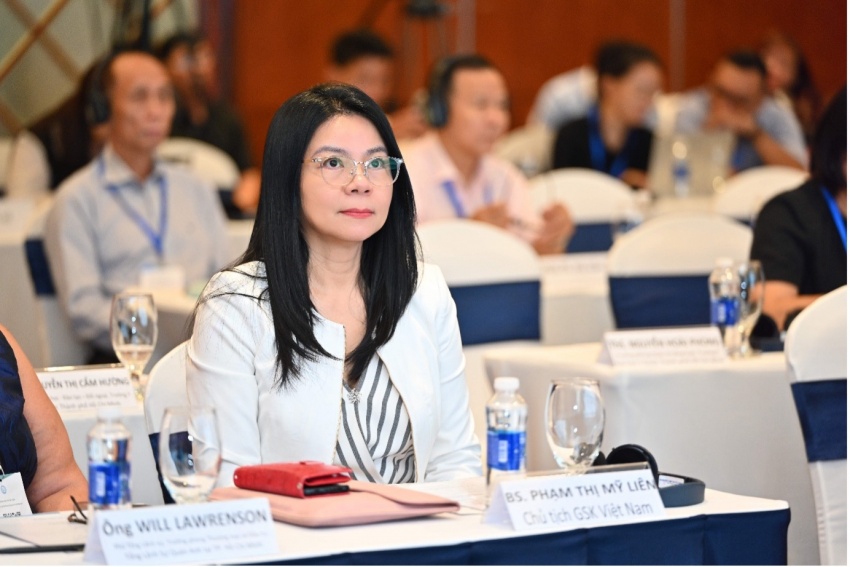 |
| Dr. Pham Thi My Lien, president of GSK Vietnam. Photo: GSK |
Dr. Pham Thi My Lien, president of GSK Vietnam, shared, “GSK believes that integrating vaccine modules into the training curriculum will help build a solid foundation for future preventive medicine, helping medical teams proactively integrate, especially vaccinations, into patient care, particularly for the elderly and those with chronic diseases. GSK is proud to partner with Ho Chi Minh City University of Medicine and Pharmacy on this meaningful semester. With the unity of science, technology, and experts, we can move towards the common goal of wiping out diseases together and making a positive impact on the health of Vietnamese people”.
The curriculum in vaccination and virology will be developed, approved, and incorporated into the official training course from 2026. It is expected that more than 2,000 doctors will be trained each year, aiming to expand implementation nationwide to universities by 2027.
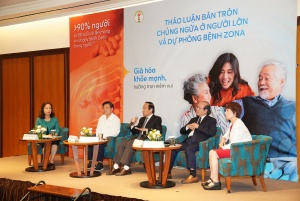 |
Adult vaccination and shingles prevention in Vietnam
The Vietnam Medical Association, in collaboration with GSK Vietnam Pharmaceutical Co., Ltd. (GSK Vietnam), held a roundtable in Hanoi to discuss adult immunity and shingle prevention on November 21. |
 |
GSK leads global forum to address respiratory health challenges
GSK hosted the third annual RespiVerse meeting on December 13-14 in Bangkok, Thailand, bringing together renowned international speakers and healthcare professionals from 17 countries to address pressing challenges in respiratory diseases. The event focused on innovative solutions and collaborative strategies to advance respiratory health worldwide. |
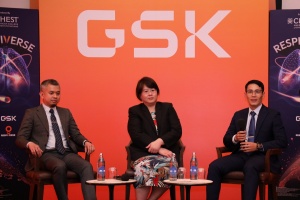 |
Prevention is the key to addressing respiratory health challenges
Amid growing cases of pulmonary-related diseases, prevention is considered the key to addressing respiratory health challenges, according to experts. |
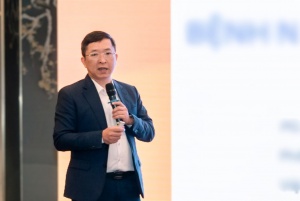 |
Nearly one in four adolescents carry invasive meningococcal disease without symptoms
The Vietnam Association of Preventive Medicine in collaboration with GSK Vietnam has held a symposium on invasive meningococcal disease (IMD) to update the epidemiological situation and promote a proactive prevention strategy in Vietnam. |





